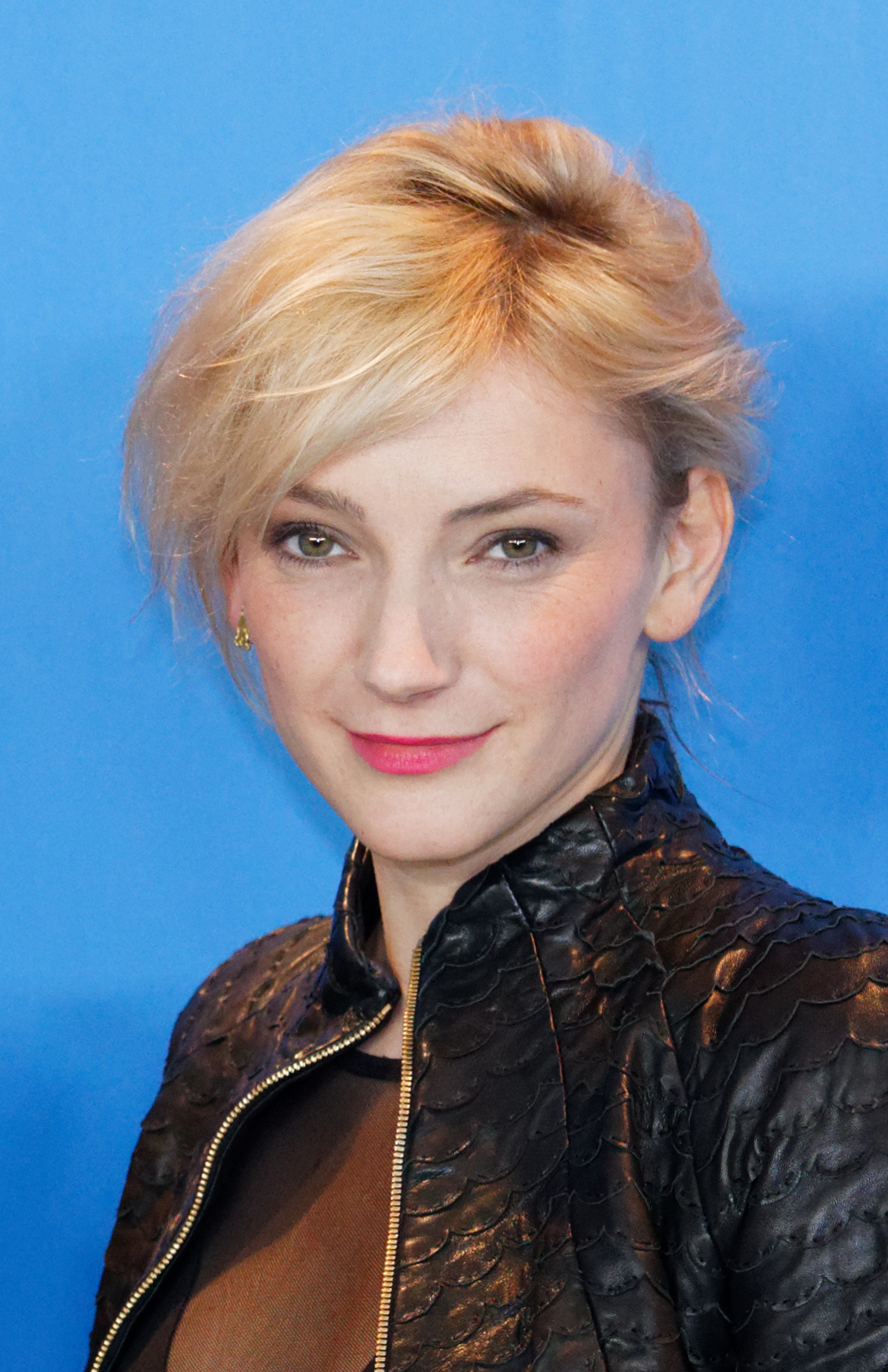Eight years after On Body and Soul stunned audiences at the Berlinale, Alexandra Borbély's name still carries a quiet gravity across Europe's arthouse scene. The Slovak-Hungarian actress, now 39, has built a career defined not by volume but by nuance, her performances unfolding like musical movements guided by silence and precision.
Her rise was anything but effortless. In stories about Alexandra Borbély's early career, she often recalls how rejection in Bratislava redirected her toward Budapest-a detour that became her defining chapter. Studying at the University of Theatre and Film Arts, she discovered performance as both discipline and introspection, each role a mirror reflecting her own resilience.
The turning point came with On Body and Soul, where Borbély transformed uncertain casting into cinematic alchemy. Her portrayal of Mária, a woman more fluent in quiet than in words, resonated far beyond language. The performance earned her the European Film Award for Best Actress, but more importantly, it reset the tempo of her artistic life.
What directors say
"Alexandra works like a composer," said director Ildikó Enyedi, who cast her in On Body and Soul. "Every breath, every hesitation is a note she chooses deliberately." Fellow actor Ervin Nagy once described her stage presence as "both fragile and unshakable, like glass that refuses to break."
Today, as Alexandra Borbély's theatre and film journey continues through new Slovak-Hungarian collaborations, she remains an emblem of quiet endurance. Her choices are deliberate, her pace unhurried. Fans say that's why they love Alexandra Borbély-she turns introspection into impact.
In a film era obsessed with speed and spectacle, Borbély offers something rarer: stillness as strength. Her performances don't demand attention; they earn it, one lingering heartbeat at a time.
By Global Influence Index Editorial Team
